‘A lesson for Johnson: if you pick fights, you can get hurt’
Your digest of analysis and commentary from the British and international press
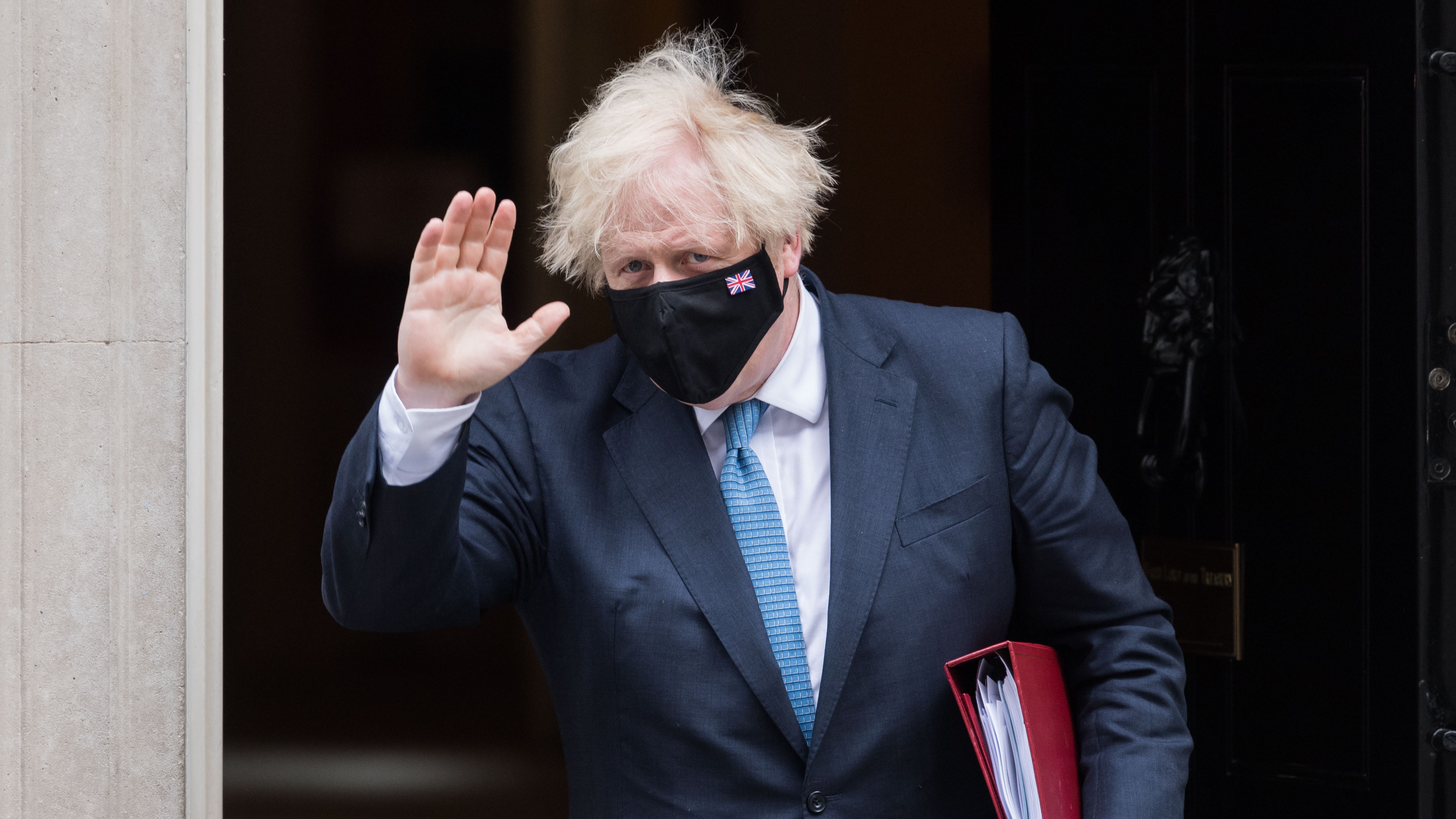
- 1. Foreign aid cuts, racism and austerity – are the Tories the ‘nasty party’ again?
- 2. When will the hygiene theatre obsession end?
- 3. In Priti Patel vs Tyrone Mings there’s only one winner
- 4. Mental illness is a reality – so why does ‘mental health’ get all the attention?
- 5. A suggestion for Olympic athletes: protest the grandees of the IOC
A free daily email with the biggest news stories of the day – and the best features from TheWeek.com
You are now subscribed
Your newsletter sign-up was successful
1. Foreign aid cuts, racism and austerity – are the Tories the ‘nasty party’ again?
Andrew Grice in The Independent
on old reputations
“The Conservatives are playing with fire,” writes Andrew Grice in The Independent. “As they begin to cut spending and wage a divisive culture war on race, they risk looking to some voters like the ‘nasty party’ again.” Indeed, thanks to some “fancy footwork”, Rishi Sunak headed off a backbench Tory rebellion that endangered the government’s £4bn cut to overseas aid. While cuts to foreign aid may be the only “popular spending cut”, when “combined with unpalatable austerity measures and the self-made culture war, it sends a signal that the Tories are relaxed about losing the support of liberal-minded voters”. But their defeat in the Chesham and Amersham by-election should remind the party they “still need such voters in their blue wall in the south”. “The ‘same old Tories’ label didn’t stick when Labour tried it in May’s elections. But that could change now”, writes Grice. “The lesson for Johnson: if you pick fights, you can get hurt.”
The Week
Escape your echo chamber. Get the facts behind the news, plus analysis from multiple perspectives.

Sign up for The Week's Free Newsletters
From our morning news briefing to a weekly Good News Newsletter, get the best of The Week delivered directly to your inbox.
From our morning news briefing to a weekly Good News Newsletter, get the best of The Week delivered directly to your inbox.
2. When will the hygiene theatre obsession end?
Jonathon Kitson on UnHerd
on useless practices
“Handwashing – and sanitisation – have been an overbearing feature of the response to Covid,” writes Jonathon Kitson on UnHerd. “Prime Minister Boris Johnson was recently filmed rigorously wiping down a chair (see below) at a vaccine centre, achieving nothing other than making the extreme germaphobe feel at ease.” The clip, says Kitson, is “yet another example of the pervasive hygiene theatre that we have seen during this pandemic.” That is, “practices that look like they are keeping us safe but have a negligible impact – while ignoring the most important strategies to prevent infection, hospitalisation, and death.” Kitson continues: “We have known for some time that Covid rarely travels via surfaces,” and indeed, it “is an arduous process to get people to accept information that implies they were wrong in the past.” But now, there is “no excuse for those at the top of the NHS, PHE and HSE – not to mention Downing Street – to continue pushing this nonsense”, Kitson writes. “Mistakes are normal in the midst of a pandemic, but failing to learn from them will continue to cost lives.”
A free daily email with the biggest news stories of the day – and the best features from TheWeek.com
3. In Priti Patel vs Tyrone Mings there’s only one winner
Daniel Finkelstein in The Times
on taking the knee
“Some of my friends on the right seem to have got it into their heads that taking the knee is an endorsement of the programme of a small group of Black Lives Matter activists,” writes Daniel Finkelstein in The Times. “That taking the knee is a call for the abolition of capitalism and the advancement of the theories of Marx. How likely is it, do you think, that Harry Kane and Raheem Sterling are hoping to incite spectators to overthrow capitalism just before kick-off? Or that the idea came to the England players after debating the policy ideas on a BLM website?” Finkelstein asks. “And if you think it plausible that the gesture originates in a dressing-room debate about Das Kapital, you could always try asking the England team and listening to the answer. For the players have been perfectly clear why they are taking the knee,” he writes. “It is as a protest against the racism they encounter.”
4. Mental illness is a reality – so why does ‘mental health’ get all the attention?
Rebecca Lawrence in The Guardian
on being ill
“We talk a lot about ‘mental health’ these days, and references to mental illness are becoming rarer,” writes Rebecca Lawrence in The Guardian. It can be difficult to distinguish between a “combination of stress and eroded mental health, which can be unpleasant and exhausting, and mental illness, which can be something else altogether”, Lawrence writes. And it can feel that “mental illness remains rather unacceptable, with some diagnoses more so than others.” Meanwhile, “‘Mental health’ is not only less unpleasant, it actually feels quite wholesome, implying a healthy mind and healthy living”. Indeed, “‘I must look after my mental health’ sounds far better than ‘I fear becoming mentally ill,’” she writes. We should “embrace mental health by all means, but don’t forget that people get ill as well”, writes Lawrence, and we should be free to use the word “illness” if that is “indeed what best describes it”.
5. A suggestion for Olympic athletes: protest the grandees of the IOC
David Von Drehle in The Washington Post
on moral corruption
“It’s always the task of the young and magnificent, who seek only the chance to test and prove the wonderful things they can do, to purify the ugliness of their grasping elders,” writes David Von Drehle in The Washington Post. While “athletes can be banned for taking a toke in their free time” the “portly grandees of the IOC [International Olympic Committee] pocket hundreds of thousands of dollars, cuddle dictators and saddle their venues with unpayable debts – all without consequence, thanks to the athletes,” writes Von Drehle. “The world forgives everything for the chance to see them in their glory.” But as the IOC seeks to force Japan to go ahead with the Olympics during a pandemic, it has become clear this year’s Games are about “money and money only”. Therefore, “I have a modest proposal for the athletes this year”, writes Von Drehle: “Protest the IOC.” “Now is the time for the world’s athletes to rise up – as the United States’ college athletes have done – to demand an Olympic movement that puts them first: their interests, their dignity, their safety, their values. Without them, the Olympics is worse than nothing at all.”
-
 Why is the Trump administration talking about ‘Western civilization’?
Why is the Trump administration talking about ‘Western civilization’?Talking Points Rubio says Europe, US bonded by religion and ancestry
-
 Quentin Deranque: a student’s death energizes the French far right
Quentin Deranque: a student’s death energizes the French far rightIN THE SPOTLIGHT Reactions to the violent killing of an ultraconservative activist offer a glimpse at the culture wars roiling France ahead of next year’s elections.
-
 Secured vs. unsecured loans: how do they differ and which is better?
Secured vs. unsecured loans: how do they differ and which is better?the explainer They are distinguished by the level of risk and the inclusion of collateral
-
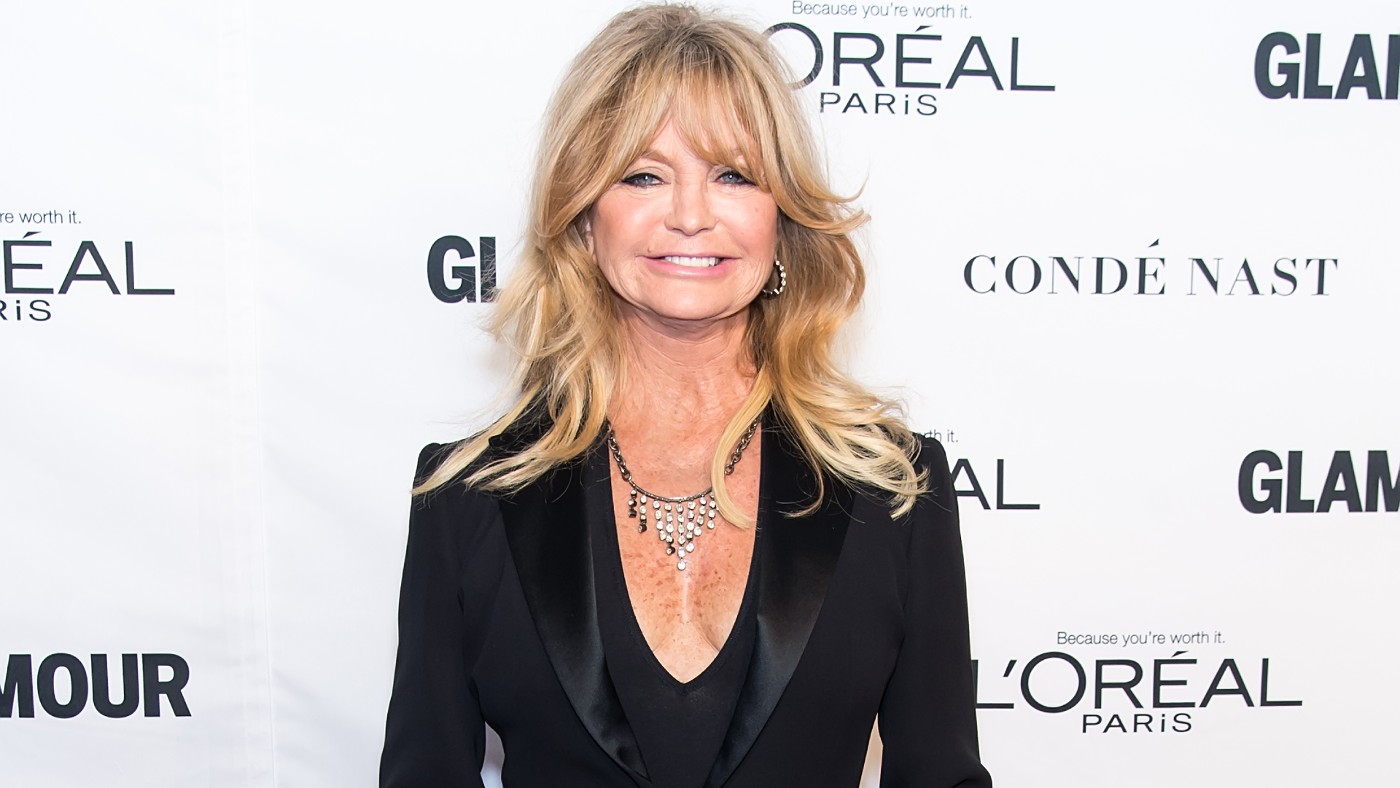 Triangle-headed aliens touched Goldie Hawn
Triangle-headed aliens touched Goldie HawnTall Tales And other stories from the stranger side of life
-
 ‘Irony’ as Zoom calls staff back to office
‘Irony’ as Zoom calls staff back to officefeature And other stories from the stranger side of life
-
 The U.S. veterinarian shortage crisis
The U.S. veterinarian shortage crisisSpeed Read With an anticipated shortage of 15,000 vets by 2030, it will be harder to get care for pets
-
 Company teaches mask-wearers to smile again
Company teaches mask-wearers to smile againfeature And other stories from the stranger side of life
-
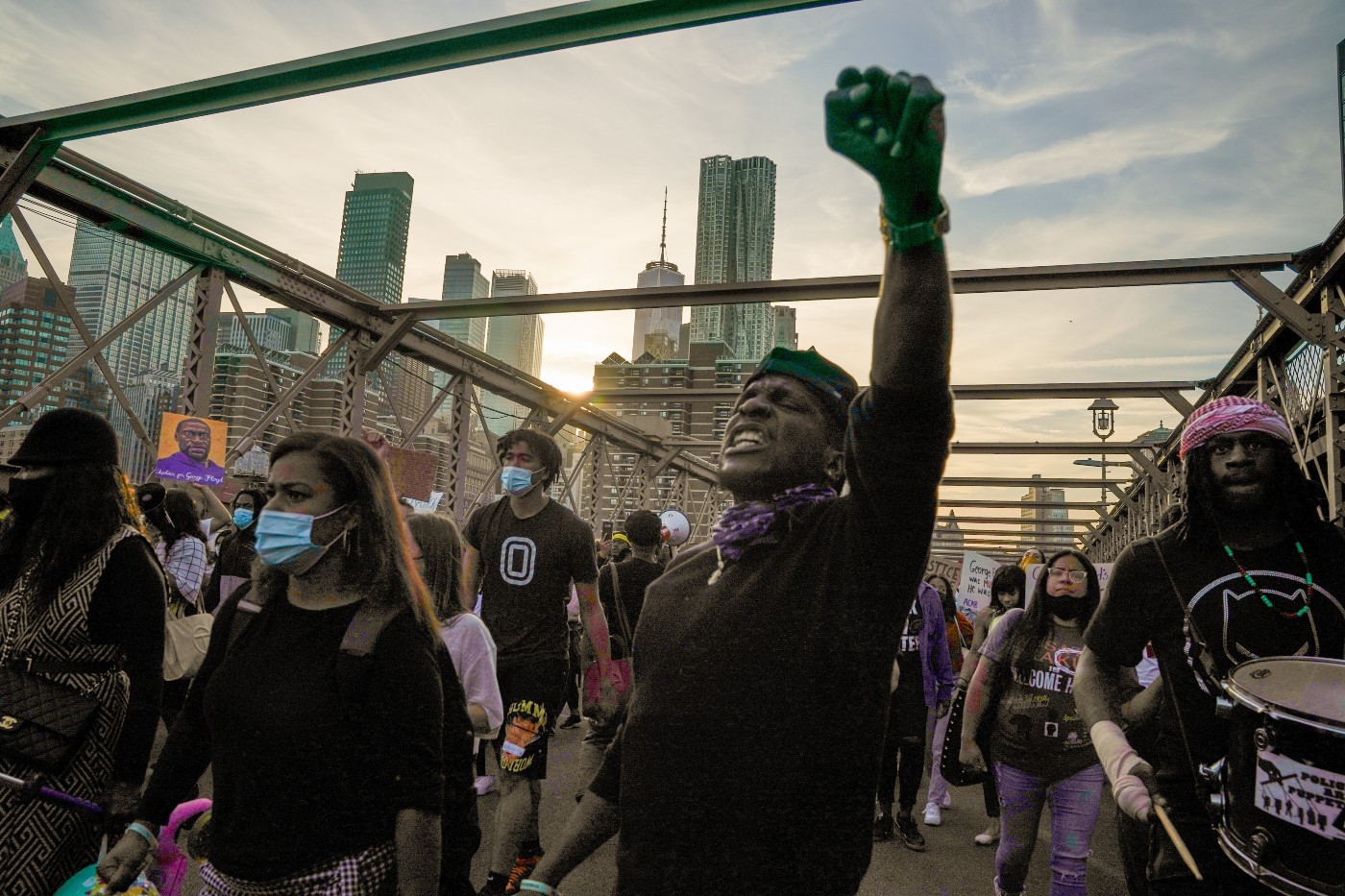 George Floyd legacy: what has changed in the US three years on
George Floyd legacy: what has changed in the US three years onfeature Police officers are more accountable but has ‘white empathy’ hit a wall?
-
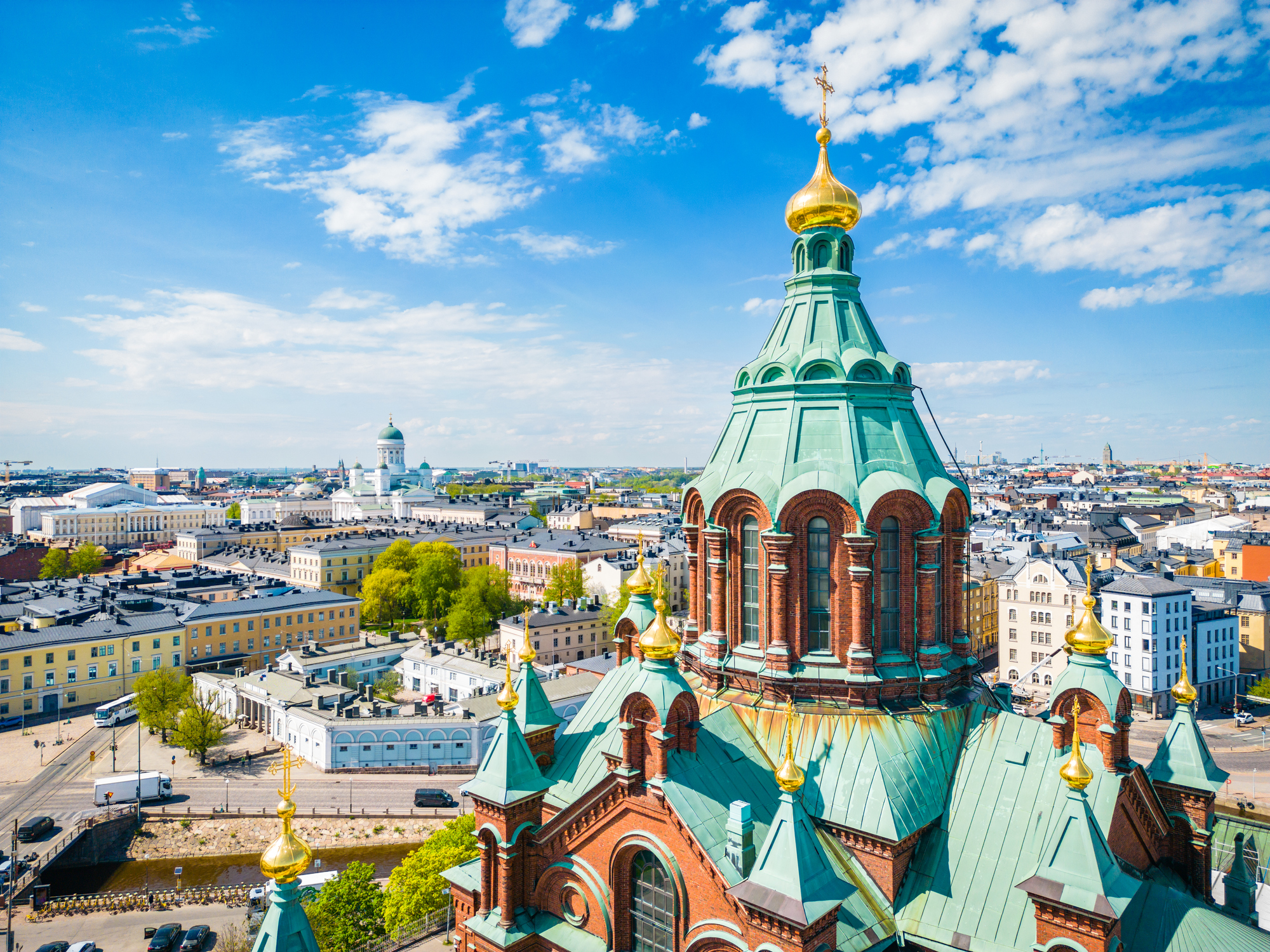 Global happiness has been 'remarkably resilient' over the past three years
Global happiness has been 'remarkably resilient' over the past three yearsfeature
-
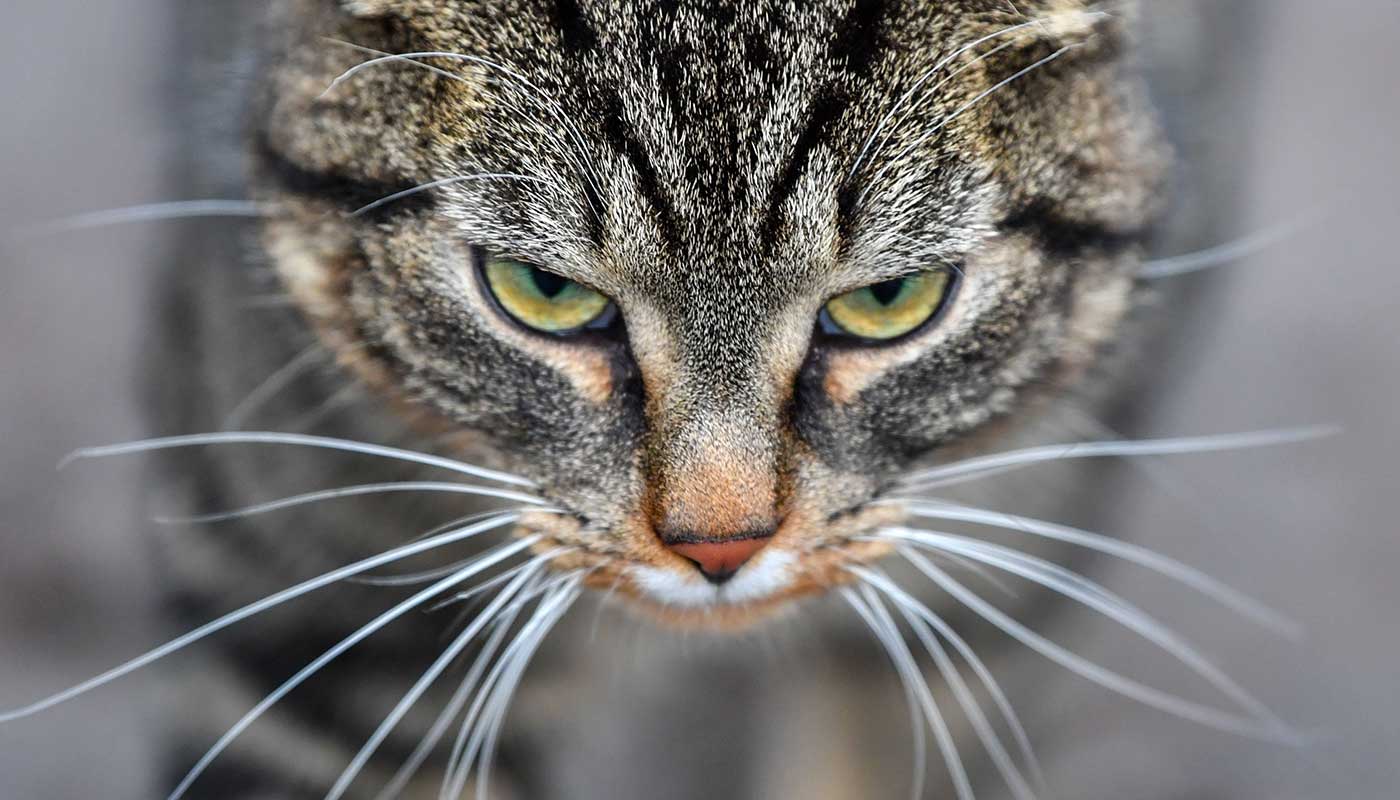 Ministers considered killing all cats during pandemic
Ministers considered killing all cats during pandemicfeature And other stories from the stranger side of life
-
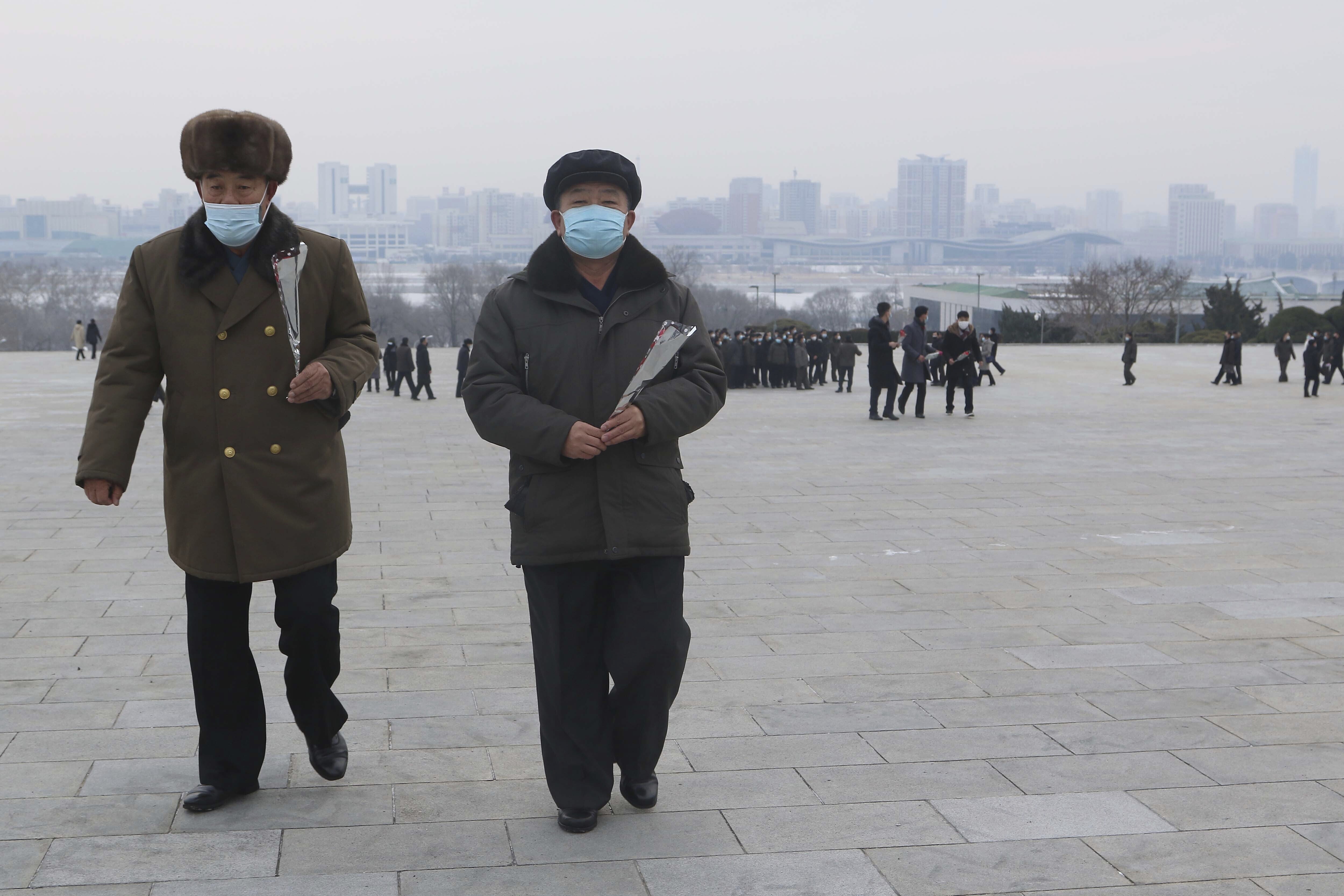 North Korea imposes 5-day lockdown on capital to fight 'respiratory illness'
North Korea imposes 5-day lockdown on capital to fight 'respiratory illness'Speed Read